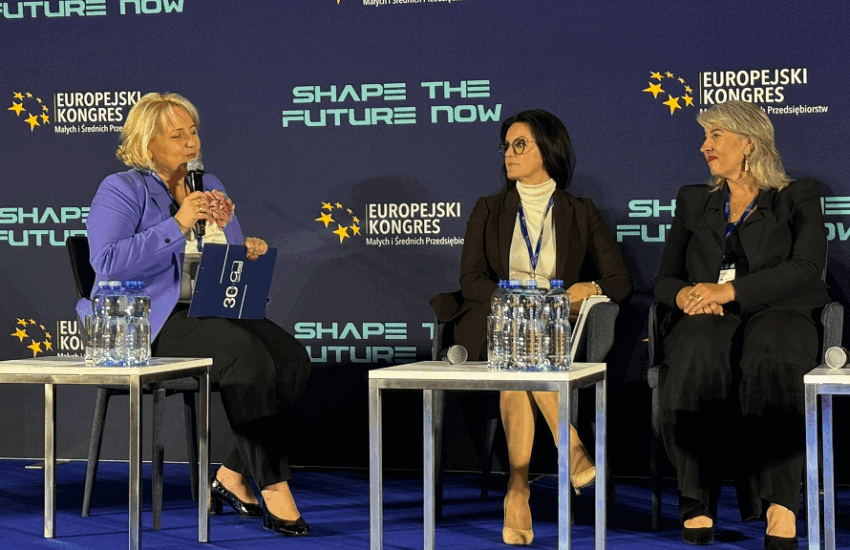On October 29, 2024, a discussion was held on “Artificial intelligence, diversity, the growing role of social media – challenge or threat.”
Humans today face challenges that seemed distant or even unimaginable just a few decades ago. Artificial intelligence, climate change, globalization, and the growing role of social media are all phenomena that are redefining our place in the world. In the face of these transformations, the need for flexibility and adaptability is growing.
Continuous transformation in various areas is also having an impact on the labor market and the work environment itself. Employers’ expectations are changing rapidly, and traditional competencies are now becoming insufficient. Above all, automation and digitization are forcing us to constantly improve our skills and acquire new qualifications to meet today’s labor market demands.
Questions raised in the discussion:
- What are the biggest challenges facing workers in the era of automation and artificial intelligence? Is the labor market becoming more selective?
- What soft skills are most valued by employers today, and how can they be developed in the face of rapid technological change?
- Can education and vocational training systems keep up with the pace of transformation in the labor market? What measures could help better prepare workers for the future?
- How does the development of technology affect human relations at work – both within teams and with employers?
- What measures should be taken by companies and public institutions to support employees in adapting to new working conditions and avoiding mass professional exclusion?
- What ethical values should we take into account when implementing new technologies in the labor market? Is there a risk of forgetting the human being in the pursuit of efficiency?
- How do generational differences affect adaptation to technological and social transformations? Are younger generations better prepared for rapid changes in the labor market than older generations?
- How is social media changing the way we communicate at work, and what new professional competencies are made necessary by this? Is a social media presence already a requirement for modern employees?
- How does social media affect interpersonal relationships at work, especially in the context of different generations? Are they a bridge to connect or are they exacerbating intergenerational differences?
- Is the growing presence of social media in work life (e.g. LinkedIn, Twitter) changing employers’ expectations of employees? What are the boundaries between work life and private life in the digital age?

